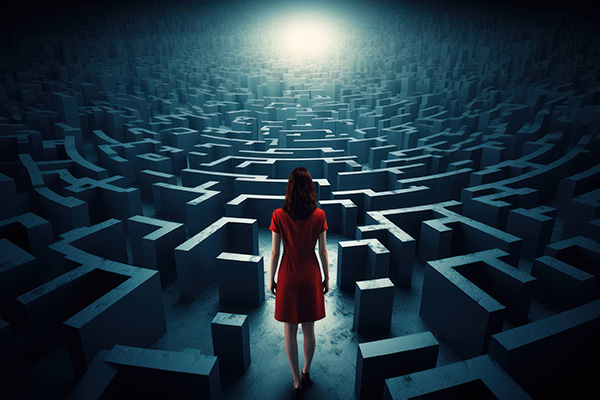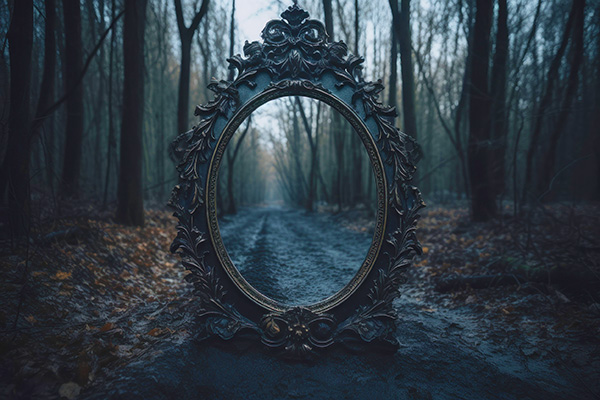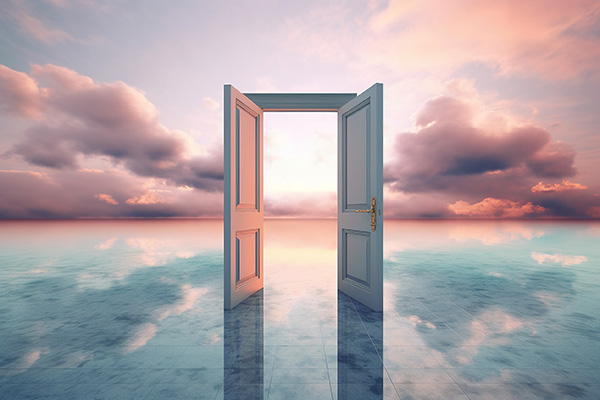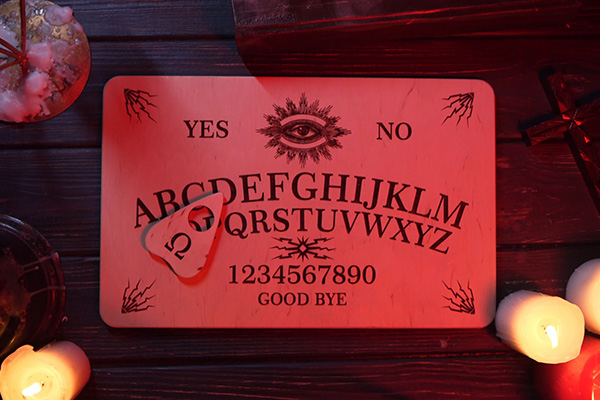Mediumship
Why Psychic Readings Are A Game Changer
 Our valued clients turn to us when they face important decisions, unanswered questions, or personal challenges. In today’s world of rapid change and upheaval, everyone needs some insight, clarity, and reassurance to navigate life’s complexities with confidence and purpose.
Our valued clients turn to us when they face important decisions, unanswered questions, or personal challenges. In today’s world of rapid change and upheaval, everyone needs some insight, clarity, and reassurance to navigate life’s complexities with confidence and purpose.
Whether you are seeking relationship or dating advice, clarity about your career or finances, or closure about past experiences, a session with one of our gifted psychic counselors offers profound and potentially life-changing insights.
These perspectives not only make life’s transitions smoother, but also help you move forward on a path aligned with your highest good, opening up possibilities and solutions you may never have considered.
A psychic reading with a skilled and trusted advisor provides a unique lens into your life’s journey by tapping into intuitive guidance, energetic frequencies, and spiritual connections. It reveals hidden truths, predicts likely outcomes, and sheds light on insights that may not be immediately apparent to you.
By providing clarity and direction, your psychic becomes a trusted guide who helps you explore unimagined possibilities, overcome setbacks, and empower yourself to make transformative decisions with renewed confidence and purpose.
Clients often tell us that a single reading was a true game changer for them, providing the clarity and inspiration they needed at just the right time to successfully face a life challenge or embrace an opportunity with newfound clarity and confidence.
Why Guidance Matters More Than Simple Predictions
 Not all psychic readings are created equal. The difference between a fleeting, superficial chat and a deeply transformative psychic session lies in the level of authentic guidance.
Not all psychic readings are created equal. The difference between a fleeting, superficial chat and a deeply transformative psychic session lies in the level of authentic guidance.
True psychics and mediums offer more than easy answers and simple predictions — they channel insights and guidance that empower their clients to navigate life with more clarity, confidence, purpose and inner peace.
Authentic psychic readings usually include some form of guidance to assist the recipient in their healing, personal growth and spiritual development.
While some people seek out psychic readings for simple predictions and quick fixes, this approach is self-limiting and not recommended. Reputable, ethical psychic readings are also not about simply telling clients what they want to hear.
Gifted psychics and mediums access higher levels of consciousness, universal energies and the spirit realm to offer deeper insights and support the seeker’s unique life path. A psychic reading is an opportunity for exploration, healing and empowerment, designed to illuminate possibilities rather than imply fixed outcomes or provide simplistic solutions to complex matters.
Psychic readings are not about shortcuts; they are about supporting andd enriching your life journey. True psychics help clients grow, learn and evolve through their choices, actions and experiences, rather than bypassing them. Simple, quick answers may provide some temporary comfort, but true empowerment comes from within — through personal and spiritual healing and growth. True psychics help their clients tap into their own inner wisdom, resilience and intuition.




